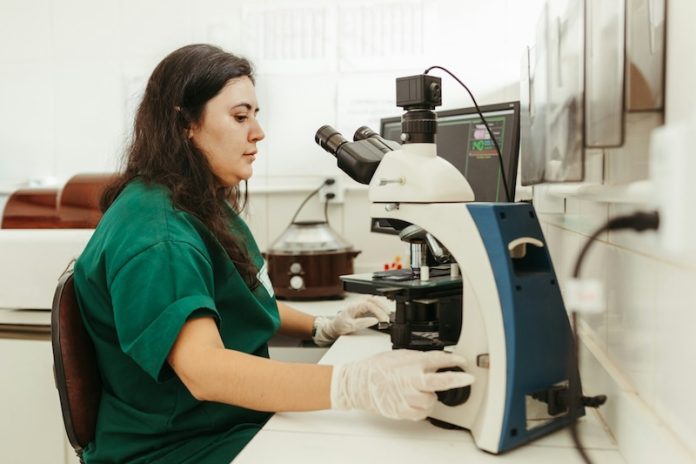
Scientists at the Garvan Institute of Medical Research have discovered that certain gene variations linked to leukemia can also create “rogue” immune cells, leading to autoimmune diseases. This finding helps explain why leukemia patients often develop conditions like rheumatoid arthritis or aplastic anemia.
The immune system normally protects the body by destroying harmful cells and pathogens. Killer T cells, a type of immune cell, play a key role in this defense.
However, researchers found that genetic changes affecting a protein called STAT3 can cause these cells to malfunction. Instead of protecting the body, rogue killer T cells grow uncontrollably and attack healthy cells, leading to autoimmune diseases.
Cancers like leukemia develop when tumor cells escape detection by the immune system. Autoimmune diseases happen when the immune system mistakenly targets the body’s own cells. The link between these two conditions had been observed before, but this study provides a clearer understanding of how they are connected.
To investigate this, researchers analyzed blood samples from children with rare inherited autoimmune diseases. They also used CRISPR/Cas9, a gene-editing tool, to study how altering STAT3 affects immune cells in mice.
They found that when STAT3 is changed, killer T cells grow larger and ignore the body’s natural immune checkpoints. Even a small number of these rogue T cells—just 1-2%—can trigger autoimmune disease.
These findings could lead to more precise treatments. For example, medications like JAK inhibitors, which are already approved by the Therapeutic Goods Administration (TGA), could be tailored to patients based on the presence of specific genetic mutations.
The study also uncovered two cell receptor systems linked to stress, providing more insight into how immune cells communicate. In the future, doctors may be able to use advanced screening techniques to analyze a patient’s blood at a genetic level, identifying rogue cells before they cause disease.
This study, led by Dr. Etienne Masle-Farquhar and published in Immunity, opens new possibilities for understanding and treating both leukemia and autoimmune diseases. By identifying the genetic triggers behind rogue immune cells, researchers hope to develop better ways to prevent and manage these conditions.
If you care about cancer, please read studies about a new method to treat cancer effectively, and this low-dose, four-drug combo may block cancer spread.
For more information about cancer prevention, please see recent studies about nutrient in fish that can be a poison for cancer, and results showing this daily vitamin is critical to cancer prevention.
Copyright © 2025 Knowridge Science Report. All rights reserved.



